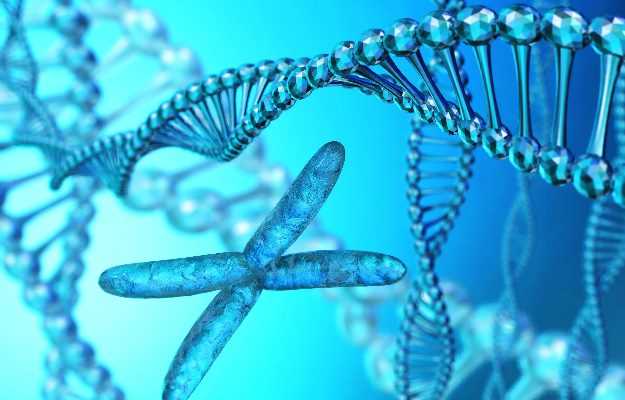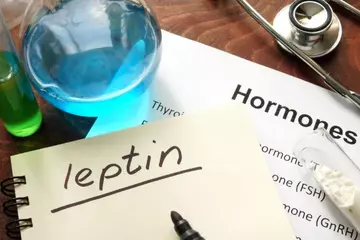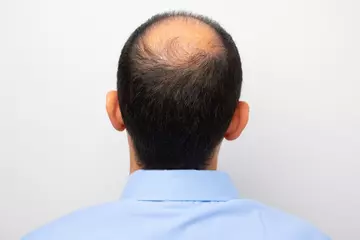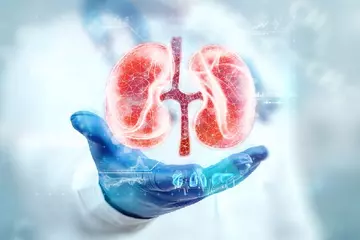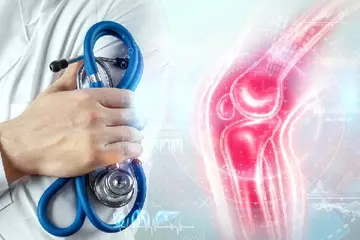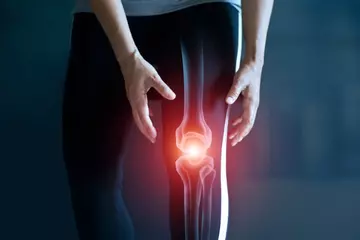Klinefelter syndrome is a genetic disorder in which a boy is born with an extra X chromosome.
Typically, humans have 46 chromosomes in each cell. Two of these 46 are sex chromosomes: XX in women and XY in males. However, boys and men with Klinefelter syndrome have XXY sex chromosomes.
The extra X chromosome affects testicular growth—people with this syndrome have smaller testicles and are able to produce less testosterone. The testosterone deficiency manifests in many ways; there is impairment in sexual development such as delayed puberty, reduced muscle mass, lack of facial hair and male breast enlargement (gynecomastia). There may also be learning difficulties, problems with coordination, and impaired social skills.
Those with Klinefelter syndrome are often infertile, but assistive reproductive technologies and hormone replacement therapy can help with this. Further, people with Klinefelter syndrome are at higher risk of developing metabolic syndrome, which includes type 2 diabetes and hypertension.
However, symptoms are often mild and subtle and researchers believe that 75% of affected men are never diagnosed. According to an article published in the Indian Journal of Endocrinology and Metabolism in 2019, Klinefelter syndrome affects 150 in every one lakh boys.
It is important to remember that Klinefelter syndrome is not inherited; it is caused by an error during cell division which prevents sex chromosomes from being distributed equally among reproductive cells. There may be a slight likelihood of this happening with older women, but the chances are only marginally higher.
A milder form of the disease, known as mosaic Klinefelter syndrome occurs when only some cells have an extra copy of the X chromosome. According to estimates, less than 10% of individuals have this variation of the disease.

 Doctors for Klinefelter Syndrome
Doctors for Klinefelter Syndrome 
